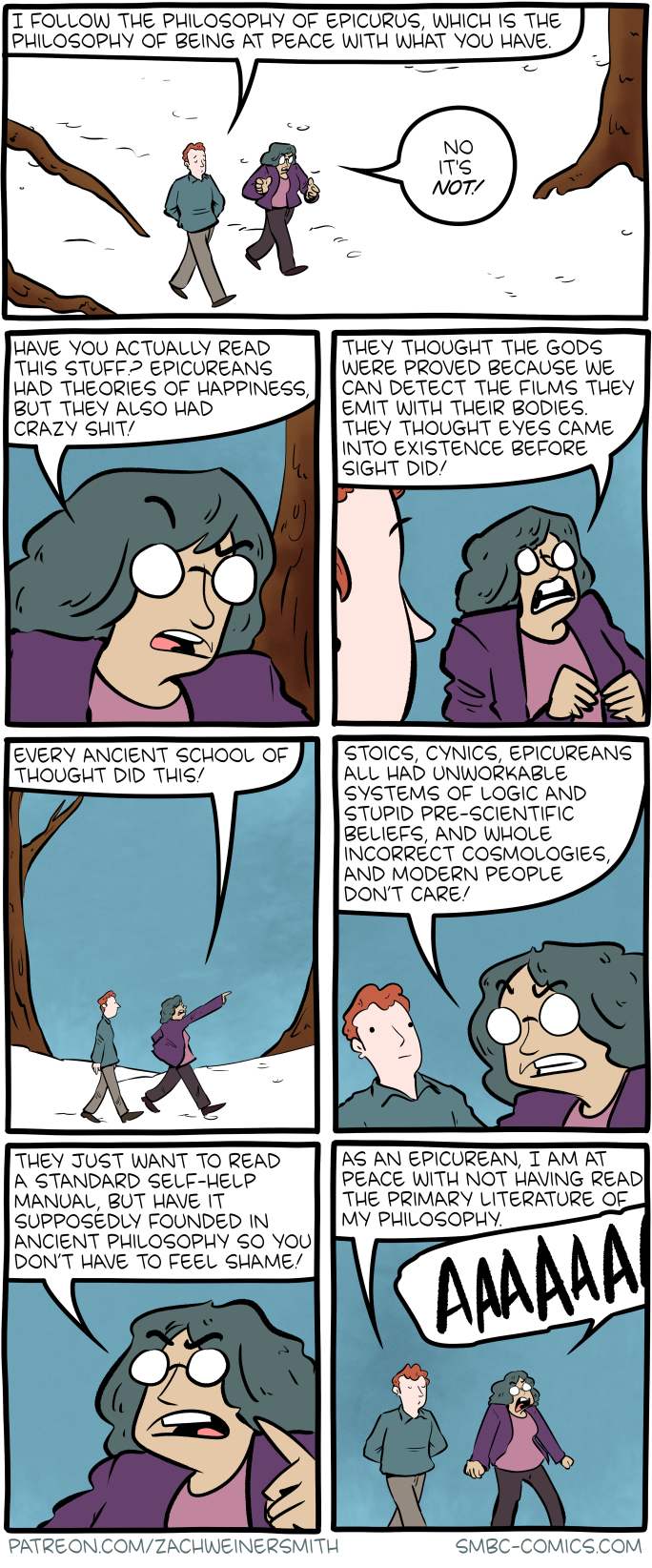The 2024 general election was the most disproportional in British electoral history as voters displayed the highest volatility in a century, according to a new report.
Research into this year’s general election by the Electoral Reform Society (ERS) displays that the parties’ votes shifted more than at any time since 1931.
As a result, this election saw a number of firsts such as being the first UK election where four parties received over 10 per cent of the vote and five parties received over 5 per cent of the vote.
Meanwhile, the Labour and Conservative parties received their lowest combined vote share (57.4 per cent) in the era of universal suffrage.
The ERS argues the results show how the current First Past the Post (FPTP) electoral system is struggling with the shift towards multiparty voting and producing increasingly erratic results.
The ERS says a contributing factor to this “historically disproportional and volatile election” is the rise of “cross-pressured” voters — electors who find themselves aligned with different parties on different issues (economic, cultural etc).
The group adds that Labour received 63.2 per cent of House of Commons seats on just 33.7 per cent. As such, an increase of 1.6 per cent in the party’s 2019 vote-share saw it more than double its seats to 411.
Nigel Farage’s Reform UK and the Green Party received 1.4 per cent of the seats between them, after winning more than 20 per cent of the vote combined.
The 2024 election also saw a further eroding of traditional electoral heartlands. The number of seats the Conservatives have held for over a century almost halved from 94 to 48 — only four of which now have majorities of more than 10,000.
Of the 17 seats Labour has held for over a century only three now have majorities of more than 10,000.
The ERS report also shows how parliament would look under different proportional electoral systems that, the group says, would have produced a much more representative result.
Other key findings from the report, A System Out of Step: The 2024 General Election, include:
- 554 (85 per cent) of MPs were elected without the winner getting more than 50 per cent support in the constituency
- Labour received a seat for every 23,622 votes cast, compared to Reform and the Greens, who won a seat for every 823,522 votes and 485,951 votes cast respectively
- 2024 was the first time since 1923 that the number of third-party MPs elected was over 100
- Labour and the Conservatives were in the top two in fewer than half of constituencies (306) compared to 432 in 1997
- Almost the same number of people didn’t vote in this election as did, with 28.8 million voting compared to around 27.5 million who did not participate
- 2024 was the second lowest turnout at 59.9 per cent, only narrowly missing the previous low experienced in 2001 (59.4 per cent)
Darren Hughes, chief executive of the Electoral Reform Society, said: “It is clear from the general election that the public is voting as if we already have a proportional electoral system, with people voting outside the big two parties in unprecedented numbers.
“Voters are shopping around like never before and switching between parties at a greater rate than we have seen in a century.
“However, our current two-party voting system is struggling to cope with this new multi-party reality and has produced a parliament that least resembles how the country actually voted in British history.
“This will not help trust in politics, which is at an historic low, and is why we need to move to a fairer, proportional voting system that would accurately reflect how the country voted before the next election.”
Josh Self is Editor of Politics.co.uk, follow him on Bluesky here.
Politics.co.uk is the UK’s leading digital-only political website. Subscribe to our daily newsletter for all the latest news and analysis.
The post 2024 general election was ‘historically disproportional and volatile’, says new report appeared first on Politics.co.uk.
